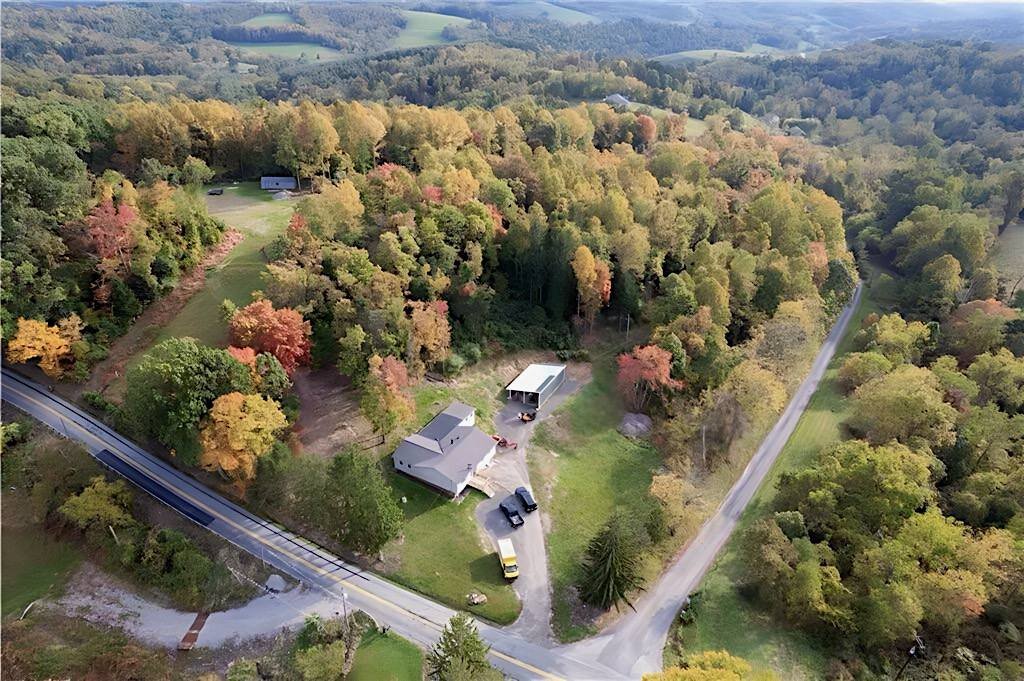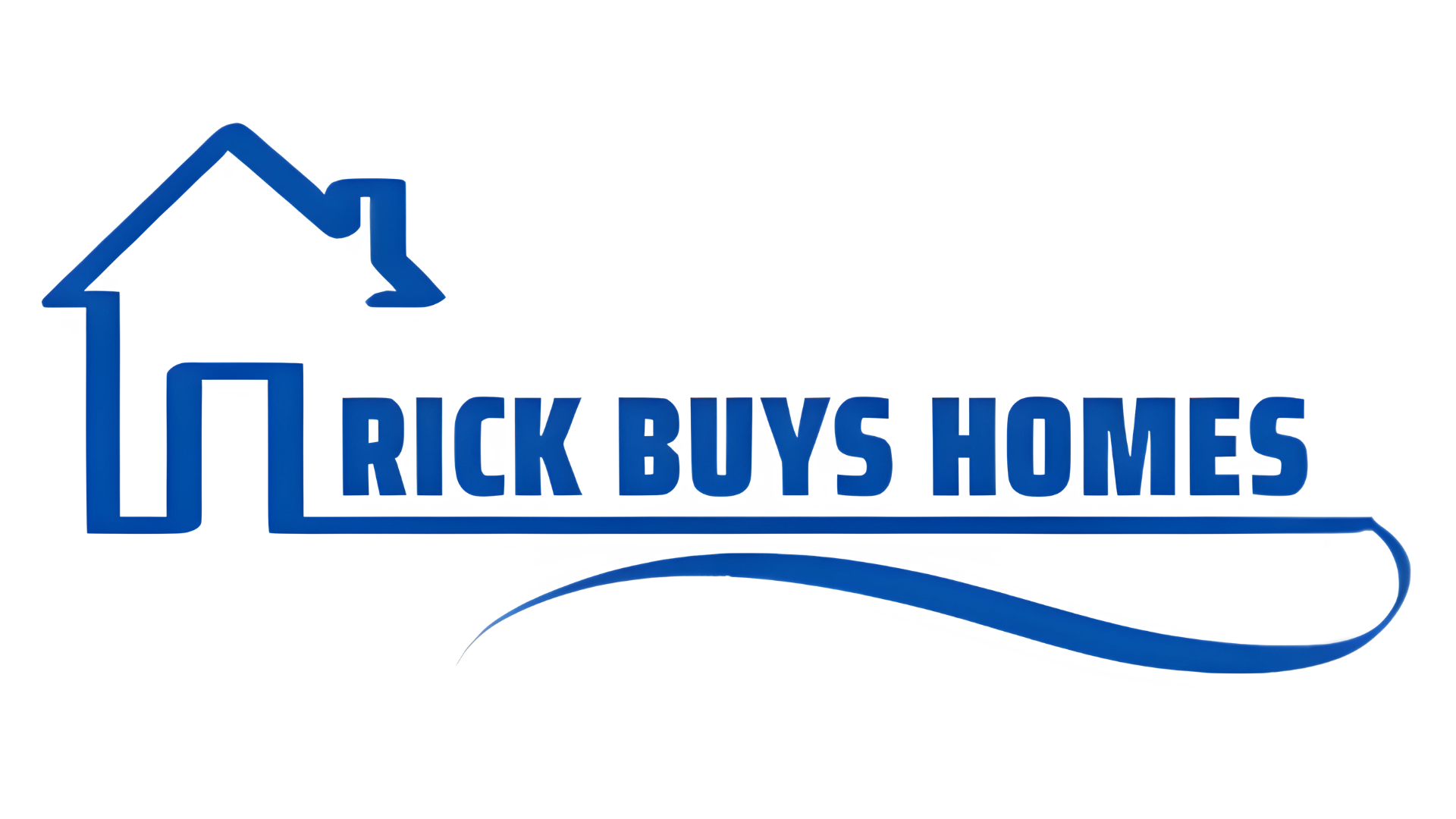
When it comes to selling a fixer-upper house, the mantra “location, location, location” still holds true and has a significant impact on the transaction. Whether you’re in Pittsburgh, PA, Washington, PA, Canonsburg, PA, or any other area, the location of your property can greatly influence how quickly it sells, the pool of potential buyers, and ultimately, the price it fetches. Let’s explore why location is so critical when selling a fixer-upper and how it affects various aspects of the sale process.
Accessibility and Convenience
The desirability of a fixer-upper is intricately tied to its geographical location, as it significantly influences accessibility and convenience for prospective buyers. Prime locations, such as those in proximity to vital amenities like schools, shopping centers, public transportation hubs, and major highways, hold a heightened appeal. Cities such as Pittsburgh or Washington, PA exemplify locales where such amenities are readily accessible, thereby augmenting the allure of properties situated therein.
Buyers scrutinize the ease of commute to workplaces and the accessibility of essential services when assessing the viability of a property investment. A fixer-upper nestled in a well-connected locale not only expedites daily routines but also garners heightened interest in the real estate market. Such properties are often perceived as valuable assets, capable of commanding a premium price point, even in instances where substantial renovation and restoration efforts are necessitated.
Neighborhood Reputation and Development
The neighborhood’s reputation and developmental stage significantly influence the appeal and marketability of your fixer-upper property. Esteemed locales renowned for their safety, vibrant community atmosphere, and burgeoning infrastructure not only captivate potential buyers but also attract interest from discerning real estate investors and specialized companies focusing on property acquisition and renovation, such as “Rick Buys Homes in Pittsburgh, PA” or “We Buy Houses in Canonsburg.”
A favorable neighborhood reputation serves as a compelling draw, often mitigating concerns regarding the current condition of the house. Prospective buyers, including investors, envision the potential for substantial appreciation in value post-renovation, buoyed by the intrinsic appeal of the surrounding area. The allure of a well-regarded neighborhood transcends the immediate state of the property, instilling confidence in the investment’s long-term viability and bolstering the perceived return on investment.
As such, the strategic positioning of your fixer-upper within a reputable and burgeoning neighborhood not only enhances its marketability but also augments its inherent value proposition. By leveraging the positive attributes of the surrounding community, sellers can effectively offset any perceived shortcomings in the property itself, thereby maximizing its appeal to a discerning pool of prospective buyers and investors alike.
Market Trends and Demand
The nuances of real estate markets are inherently diverse, with variances discernible from one location to another. These disparities profoundly influence the speed and profitability potential associated with selling a fixer-upper property. Take, for example, Pittsburgh and its surrounding environs like Washington and Canonsburg, where distinct market dynamics are shaped by a confluence of factors, including employment rates, the overall economic vitality of the region, and the prevailing level of housing demand.
Sellers operating within these locales must exhibit a nuanced understanding of the prevailing market trends to position their properties competitively and capitalize on emerging opportunities. By discerning the intricate interplay of supply and demand dynamics, employment trends, and broader economic indicators, sellers can formulate astute pricing strategies aimed at maximizing the property’s market value while remaining attuned to prevailing buyer preferences.
This strategic approach is particularly pertinent when targeting interested parties such as cash home buyers and investors specializing in property flipping endeavors. By aligning their marketing efforts with the prevailing market conditions and buyer preferences, sellers can effectively showcase the value proposition inherent in their fixer-upper properties, thereby engendering heightened interest and facilitating expedited sales transactions.
Potential for Appreciation
Buyers of fixer-upper properties, particularly those represented by entities like “Cash Home Buyers in Pittsburgh” or “We Buy Houses in Washington, PA,” are inherently drawn to the prospect of capitalizing on property appreciation. The allure of investing in a location poised for growth in property values, whether due to forthcoming developments or escalating demand, holds substantial appeal.
The potential for property appreciation imbues even a fixer-upper with considerable investment merit. Buyers recognize the opportunity to leverage their renovation efforts to enhance the property’s value significantly. By strategically revitalizing the home, they position themselves to reap substantial returns, either through a profitable resale or by accruing equity over time as the property appreciates in value.
This astute investment strategy underscores the inherent flexibility and profitability associated with fixer-upper acquisitions. Buyers are motivated not only by the immediate prospect of transforming a distressed property into a desirable asset but also by the long-term potential for financial gain facilitated by astute market positioning and strategic renovation endeavors.
Regulatory Environment
The local regulatory landscape plays a pivotal role in shaping the market dynamics surrounding the sale of fixer-upper properties. Factors such as zoning laws, stringent building codes, and the requisite permits for renovation endeavors vary significantly across different locales, exerting a tangible influence on the feasibility and cost considerations associated with refurbishing a house.
In regions characterized by stringent regulatory frameworks or elevated renovation costs, the prospect of navigating these hurdles can pose a deterrent for certain buyers. The complexities inherent in adhering to regulatory mandates and securing requisite permits may engender apprehension, particularly among less experienced purchasers.
Conversely, adept investors and specialized companies adept at purchasing houses for cash possess the requisite expertise and resources to adeptly navigate these challenges. Drawing upon their wealth of experience and industry acumen, these entities are well-equipped to efficiently navigate the intricacies of the local regulatory environment, thereby mitigating potential obstacles and streamlining the renovation process.
Indeed, the proficiency demonstrated by knowledgeable investors and cash-buying companies serves as a pivotal asset in surmounting regulatory barriers, ensuring a smooth and expedient progression from acquisition to renovation. By leveraging their comprehensive understanding of local regulations and established networks within the industry, these entities facilitate a seamless transition from acquisition to revitalization, thereby maximizing the potential for success in the competitive fixer-upper market.
Conclusion
The importance of location when selling a fixer-upper cannot be overstated. It influences not just the price but also the speed of the sale and the type of buyers interested. For sellers in areas like Pittsburgh, Washington, or Canonsburg, PA, leveraging the location’s advantages is crucial. Marketing the property’s potential, highlighting the benefits of the neighborhood, and targeting the right audience, including local cash home buyers and investment companies, can help sell a fixer-upper more effectively. Understanding the unique attributes and challenges of your property’s location will enable you to position it attractively in the market, ensuring a smoother and potentially more profitable sale.

About Rick Hodge
Transitioning from the coal industry and weld inspection to the realm of real estate, Rick has established ‘Rick Buys Homes’ with a mission to render homeownership attainable through rent-to-own arrangements. His dedication lies in assisting families in realizing the American Dream. Feel free to connect with him here.

